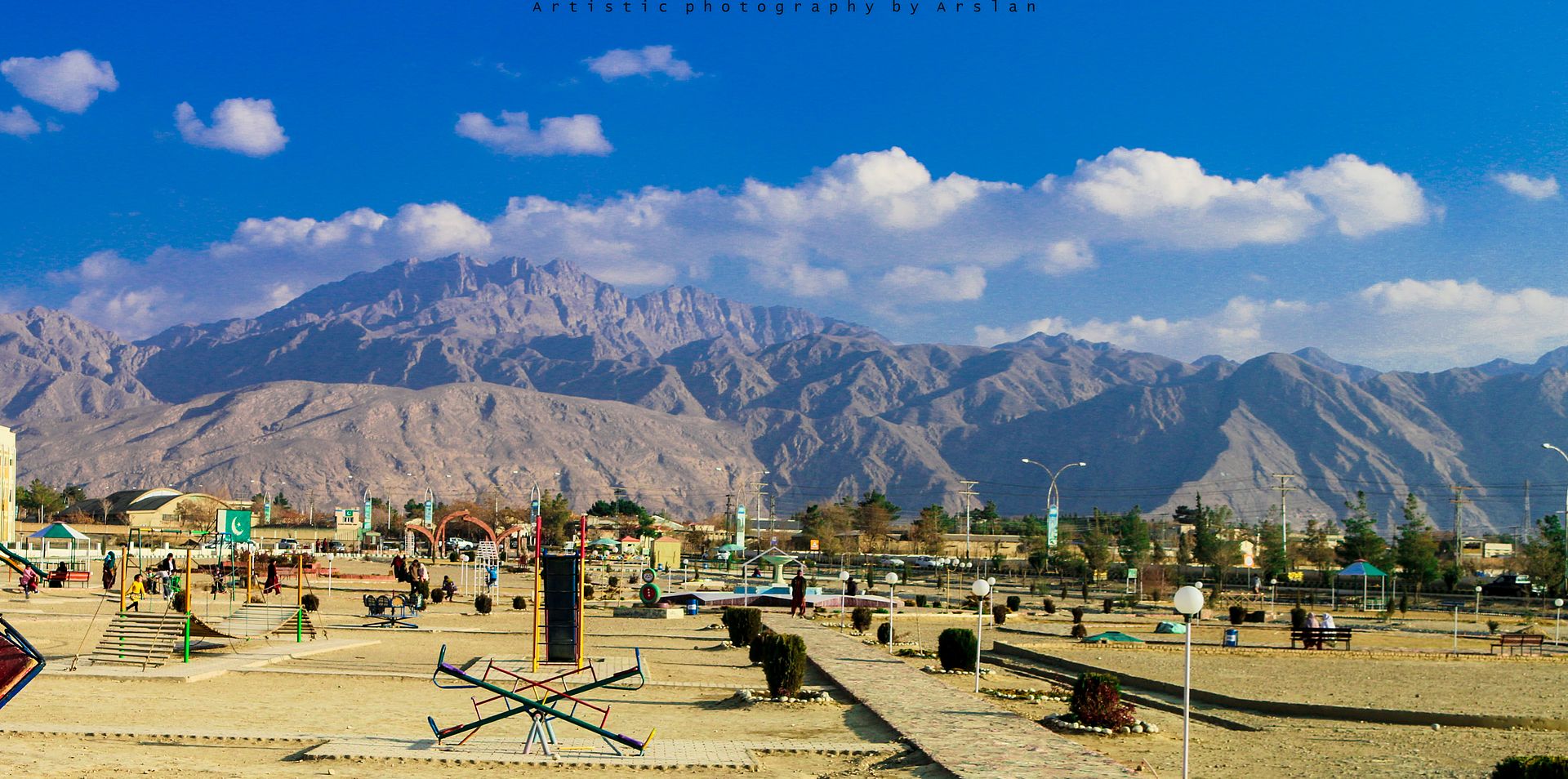
From Cool to Scorching: The New Climate Reality in Quetta
Quetta, the capital city of Balochistan, has traditionally been known for its moderate climate, characterized by cool summers and cold winters. However, in recent years, the city has experienced drastic changes in its weather patterns, particularly a significant rise in temperatures. This shift is alarming, given the city’s geographical and socio-economic context.
In the past decade, Quetta has seen a consistent rise in average temperatures, especially during the summer months. According to data from the Pakistan Meteorological Department, the average maximum temperature in Quetta during June has increased from approximately 32°C (89.6°F) in the early 2010s to over 36°C (96.8°F) in recent years. In July 2024, the city recorded temperatures as high as 41°C (105.8°F), a stark contrast to the historical averages.
The increasing temperatures in Quetta are a reflection of broader climate change impacts affecting Pakistan and the world. Balochistan, being a semi-arid region, is particularly vulnerable to climate change. The rising temperatures exacerbate water scarcity, affecting agriculture, which is the primary source of livelihood for many residents. Quetta’s water crisis is worsening, with the city’s water table dropping at an alarming rate. This has significant implications for the region’s agriculture and livestock, both of which are critical to the local economy and food security.
Agriculture in Quetta and its surrounding areas relies heavily on the availability of water from both surface and underground sources. The rising temperatures increase evaporation rates, reducing the availability of water for crops. Farmers are facing lower yields and increased crop failures, threatening food security and economic stability in the region. The high temperatures also stress livestock, which is crucial to the rural economy. With less water and food available, livestock productivity declines, affecting the income and sustenance of families dependent on this sector.
The rise in temperatures poses significant health risks to the population of Quetta. Heatwaves can lead to heat-related illnesses, including heat exhaustion and heatstroke, particularly affecting vulnerable groups such as the elderly, children, and those with pre-existing health conditions. The increase in temperatures also contributes to the proliferation of diseases such as malaria and dengue, which thrive in warmer climates. This health burden further stresses the city’s healthcare system, which is already struggling with limited resources.
Addressing the impact of rising temperatures in Quetta requires comprehensive mitigation and adaptation strategies. The government and local authorities must prioritize efficient water management systems to conserve resources and improve supply to both urban and rural areas. Promoting agricultural practices that are resilient to climate change, such as drought-resistant crop varieties and improved irrigation techniques, is crucial. Developing infrastructure that can withstand extreme temperatures, including heat-resistant building materials and green spaces to mitigate the urban heat island effect, will help the city adapt to these changes. Additionally, public awareness campaigns are essential to educate communities about the risks associated with heatwaves and the importance of water conservation and personal protection during extreme heat events. Encouraging the use of renewable energy sources to reduce carbon emissions can also help combat climate change at a local level.
The drastic change in weather patterns in Quetta is a pressing issue that requires immediate attention and action. As temperatures continue to rise, the city faces significant challenges that threaten its environment, economy, and public health. It is imperative for stakeholders at all levels to work collaboratively towards sustainable solutions to ensure the resilience and well-being of Quetta’s residents in the face of climate change. By addressing these challenges head-on, Quetta can adapt to changing climate conditions and safeguard its future for generations to come.